Mukasi (Leonotis mollissima), packet of 30 seeds, organic
$4.95
Family: Lamiaceae
Hardy to Zones 9 to 13, otherwise nicely grown as a spring annual, for all practical purposes too big for overwintering indoors in a pot
(White Dagga, Shambala Mukasi) Perennial bush to 5 feet tall and equally as wide, native to East and South Africa, flowering white. Rare. The original seedstock was collected with permission of local peoples on the northern tip of the island of Unguja in the Zanzibar archipelago. This is a very leafy bush that emits a deeply pleasing aroma from its leaves and flowers. The flowers occur in mounting whorls. Traditional usage (TAM): Local people employ this as an intestinal bitter against stomach complaints (tea or fresh leaf chew) and relaxing euphoric (smoke of dried leaves and flowers). The plant prefers rich soil in the sun to part shade and will grow to great dimensions if given water. Copious watering will also deter flowering for some time, so if a smaller plant and more flowers is desired, then water less. Flowering occurs midsummer to frost. The flowers are relished by honey bees, butterflies and other native pollinators. Barely cover seed with soil and tamp well, then keep evenly moist and warm until germination, which is rapid. Work up seedlings in successively larger pots until large enough to transplant to the garden. Space plants 2 to 3 feet apart.
30 seeds/pkt, certified organically grown
In stock

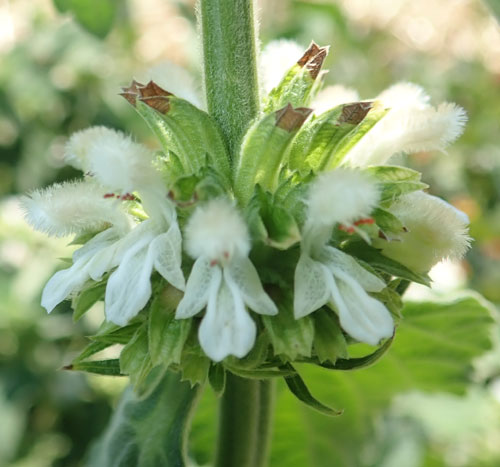
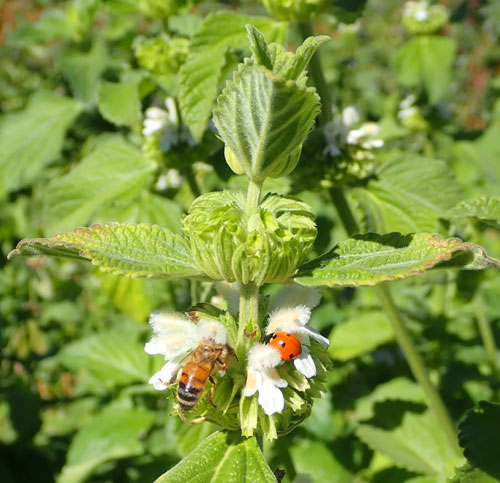
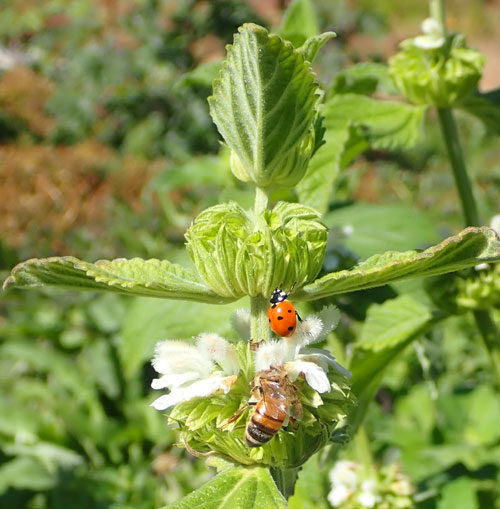
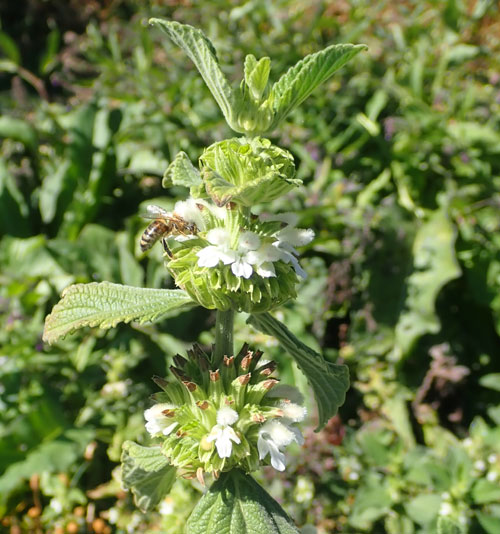
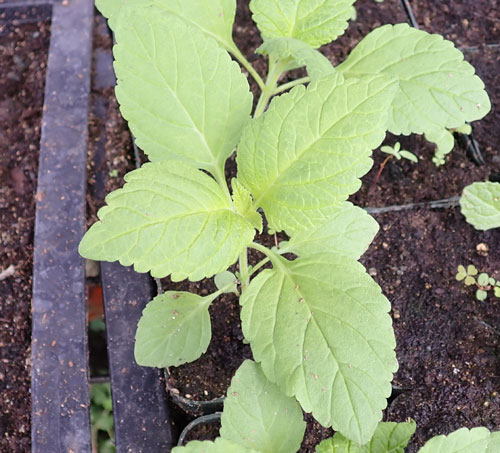
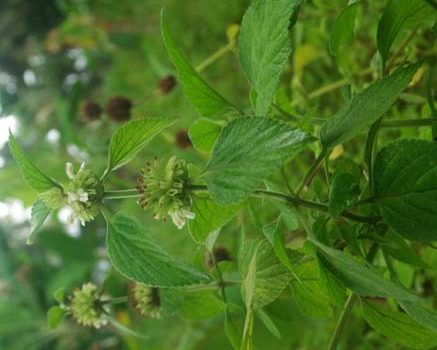
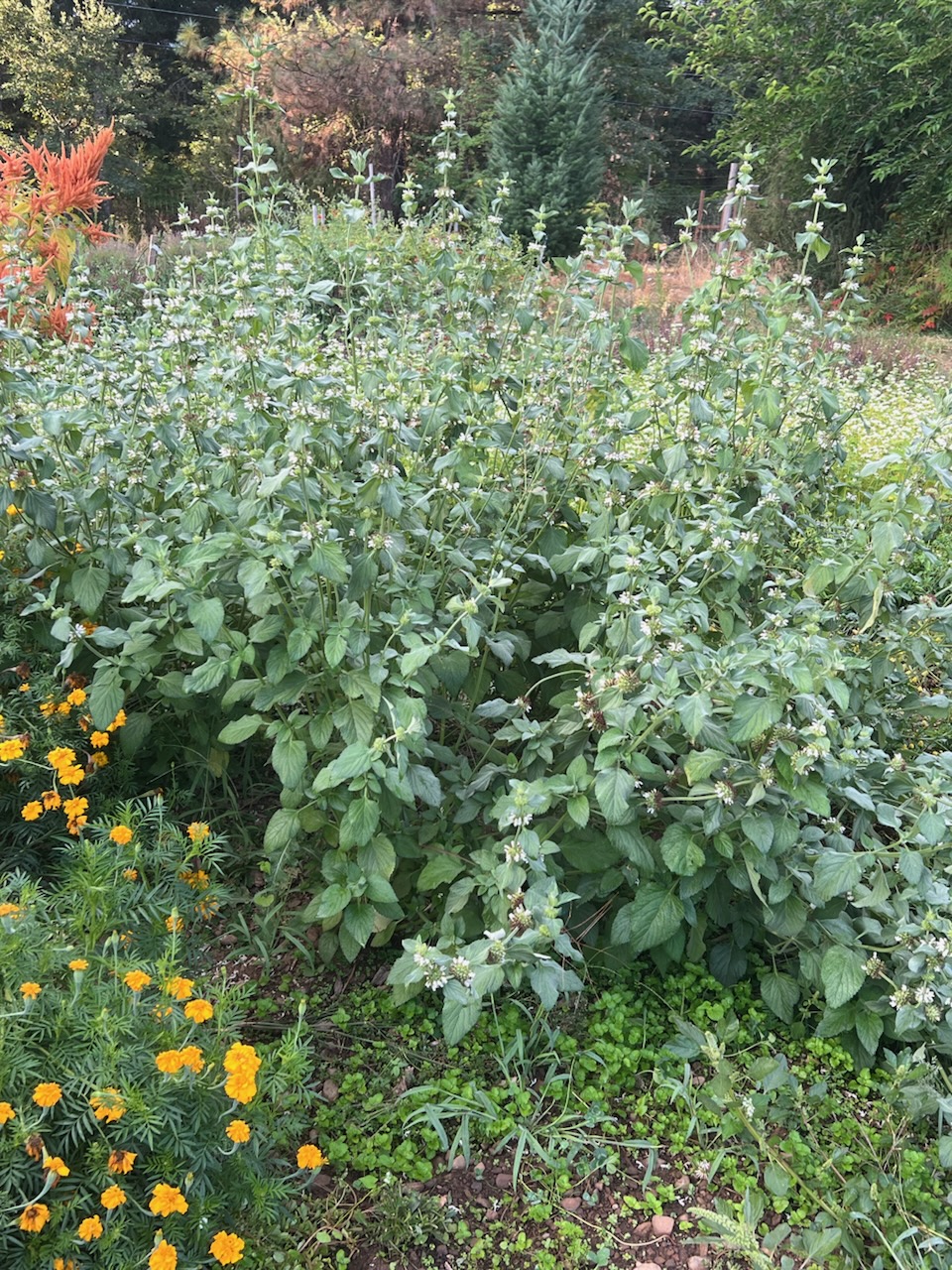
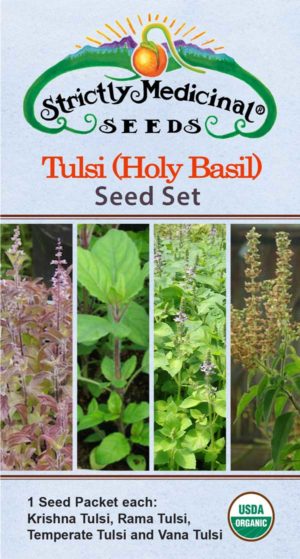
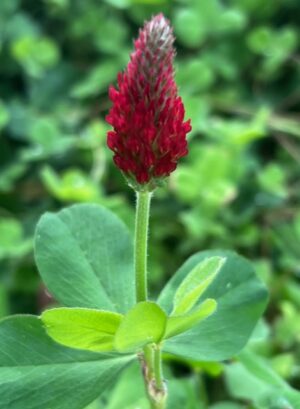
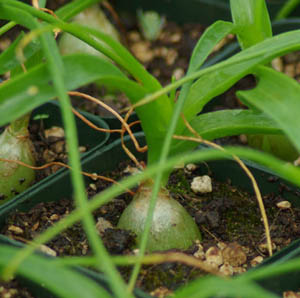
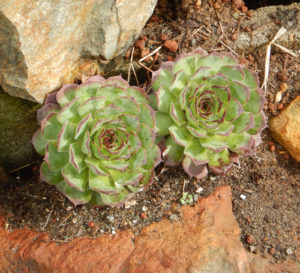
J. Sonny –
Got this one from you maybe a little over a year ago and found it germinated and grew surprisingly easy. While I didn’t get it outside in time this season, I kept it in a small container and I believe mine is even beginning to flower. I have managed to keep it a manageable size with pruning and find it to be one of my favourite companions in my indoor garden and look forward to seeing it reach its full potential outside next season! Just wanting to know if these plants are self fertile or if I will need to grow a few in order to get seed from it.
Also, not sure if it is mentioned in your books Richo, but any further info on traditional uses and methods, safety parameters or interesting info would be awesome; info on this plant is expectedly hard to come by due to its rarity and I am quite fascinated by this plant among others I have received from you. Pretty sure I have read everything there is on the internet about this plant and still have questions about how it might be used other than just enjoying its pleasant smell and sharing with the bees (which is always good too).
Upvote if this was helpful (0) Downvote if this was not helpful (0) Watch Unwatch Flag for removal
Richo Cech –
Heelo J. Sunny, Leonotis species have hermaphroditic flowers (both male and female parts are present) so z pollinator is not strictly required. But cross-pollination with other members of the species is always an improvement for members of the Lamiaceae. (See Growing Plant Medicine Vol 2). These plants are nontoxic. Traditional usage (TAM): Local people employ this as an intestinal bitter against stomach complaints (tea or fresh leaf chew) and relaxing euphoric (smoke of dried leaves and flowers). Richo
Upvote if this was helpful (0) Downvote if this was not helpful (0) Flag for removal
Julia H. –
I’m on the line of zone 7b/8a, so these wont survive the winter in my area. First killing frost is usually early November. Will these be able to mature enough in my climate to produce viable seed in one growing season that I can harvest for the following year?
Upvote if this was helpful (0) Downvote if this was not helpful (0) Watch Unwatch Flag for removal
Richo Cech –
Hi Julia, Mukasi is a tropical perennial grown as an annual in temperate gardens–it does not survive frost. Yes, we grow this ourselves for seed. The recommendation is to start it early in the spring so that it has time to mature its seeds. Richo
Upvote if this was helpful (0) Downvote if this was not helpful (0) Flag for removal
Margarita Rodriguez (verified owner) –
My Mukasi has sprouted in South Florida. They are in a pot in partial shade under a mango tree. Doing well!
Upvote if this was helpful (0) Downvote if this was not helpful (0) Watch Unwatch Flag for removal
Richo Cech –
m, good work. these are relatively difficult. once you get them going, though, they are trouble-free. they will do well in FL, as they come from the tropics. r
Upvote if this was helpful (0) Downvote if this was not helpful (0) Flag for removal